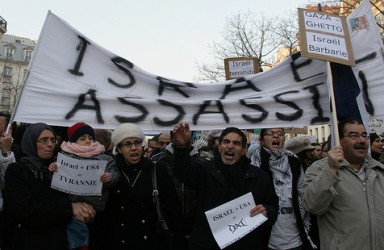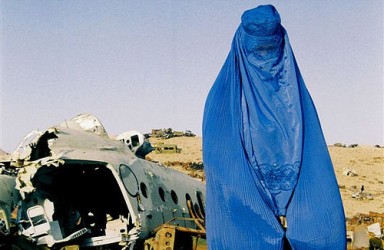Limitations of the Green Movement and Barriers to Reform in Iran
A number of social, political, and economic barriers to regime change exist in Iran, and each has contributed to the perceived failures of the Green Movement since June 2009. This essay is a discussion of these barriers—impediments to the Green Movement’s success—and the opposition’s attempts to overcome them.
Examining the 1956 Suez Crisis
The 1956 Suez War marked a new chapter in the development of Middle Eastern politics.The emergence of Nasserism in the Middle East after the Suez crisis sustains the idea that Egypt was the sole winner of Suez. The Suez War managed to bring into question the significant role of the Middle East in world politics, particularly in the Cold War context.
Islam and foreign policy making in Turkey
This essay argues that the AKP’s foreign policy is based upon pragmatism. This has resulted in the emergence of Turkey as an important global actor. Recent claims and traditional understandings of the Justice and Development Party’s foreign policy as Islamized are simplistic and derive from misleading theories and political propaganda.
Is Israel’s policy of targeted killing synonymous with assassination? Can it be legally or morally justified?
Israel is often criticized for its policy of targeted killing, which has escalated following the breakdown of Israeli-Palestinian communications of October 2000. Although Israel defends this policy, claiming that it can be both legally and morally justified, it has failed to provide an adequate definition.
British and French Colonial Attitudes Towards the Arab World
Britain and France were influenced by their own special interests, which, for the British, was principally the maintenance of peace, trade and oil; whilst the French interest was one of maintaining a presence in the area. These would provide the framework towards the mandated territories both respectively administered.
Why Was India Partitioned at Independence?
India was partitioned at Independence on 15th August 1947 into two distinct nations: a newly-established and principally Muslim state of Pakistan, and a Hindu dominated India. The fact that such a division occurred on religious lines means that partition was the logical and inevitable outcome of the irreconcilable opposition between Hindus and Muslims.
Colonialism, Lebanon and the Middle East
Many of the recent uprisings in the Middle East have been in reaction to political systems and traditions which can be traced back to the colonial period. This is very much the case with the protests against Confessionalism in Lebanon. Although colonial rule has ended, its legacy continues in contemporary Middle Eastern politics.
Nuclear Proliferaiton in the Middle East: the Iran-Israel Problem
A nuclear Iran will go one of two ways. It will either have no obvious effect, the weapon won’t be used for fear of repercussion yet conventional wars will continue; a stalemate. Or, the Middle East will face the prospect of a complete breakdown as either Iran is pre-empted, Israel feels cornered by the likely arms race or technology is leaked; the only recourse available will be war.
Women’s Security in Afghanistan
This essay argues that neo-colonialist discourses were present within the U.S. at the time of the Afghanistan War and served to demonise and essentialise Islamic culture in general, whilst removing from debate the historical political landscape of Afghanistan. Such historical accounts are essential to understand the roots of women’s insecurity in the nation, which persist to this day.
The role of nationalism in Iran during the 20th century
Nationalism only really played a crucial role in Iran regarding the ever present spectre of foreign encroachment within the country, firstly by the British, and subsequently by America and others. The desire to end this state of affairs was a powerful uniting force that rallied everyone under the banner of nationalism.













